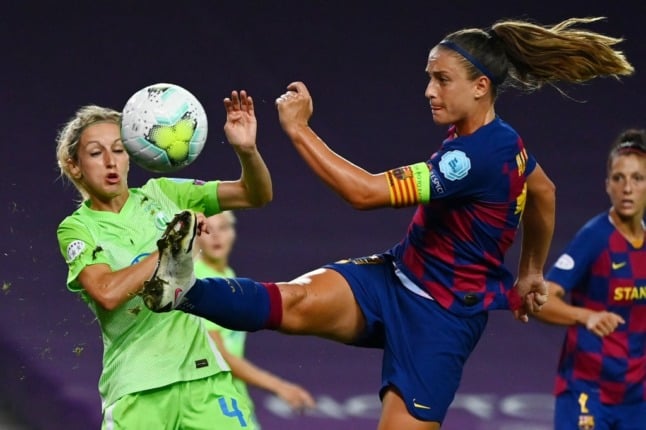A study by the Rheinisch-Westphälische Institute for Economics Research (RWI) showed that in 1996 women spent on average 140 minutes a week longer than men doing the shopping for their households. This gap sank to a difference of less than 40 minutes by 2009 – the last year for which the data has been analysed.
And men are also popping to the shops more often than they used to. Back in 1996 women went shopping for the household on average six times a week – compared with just 3.5 times for their male partners. By 2009 this had evened out to an average of around four trips each.
The time spent trailing the aisles has in total shrunk – from an average of nearly six hours – 350 minutes – a week in 1996 for households with children, to just over five hours – 310 minutes.
The researchers found that if the man is the sole-earner, his partner spends more time on the household shopping and goes more frequently than if she is working. But even if both partners are working full time, the women still spend more time doing the shopping.
Couples who do not have children generally spend more time taking care of their households and go shopping more frequently – but there is no difference between the time the partners spend shopping.
The Local/hc




 Please whitelist us to continue reading.
Please whitelist us to continue reading.
Member comments